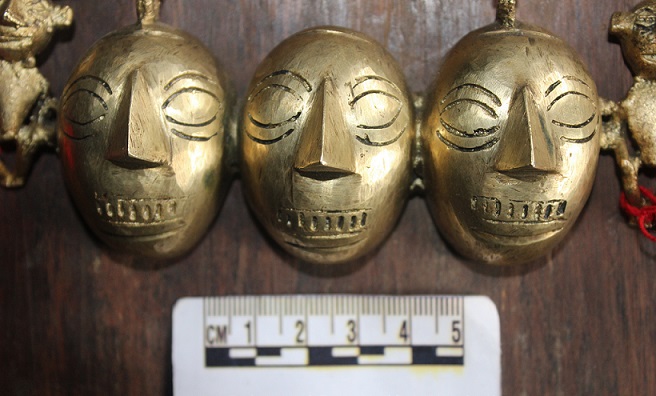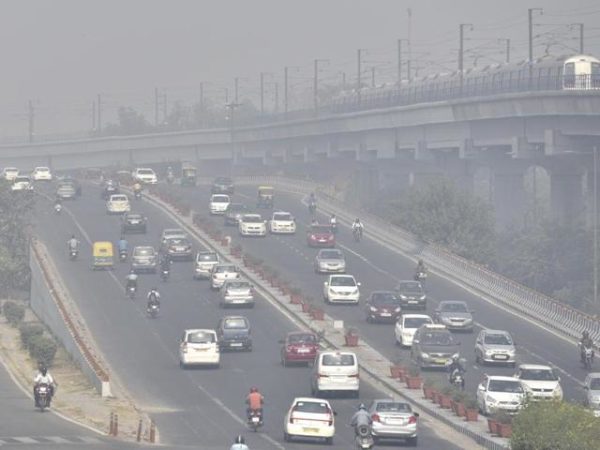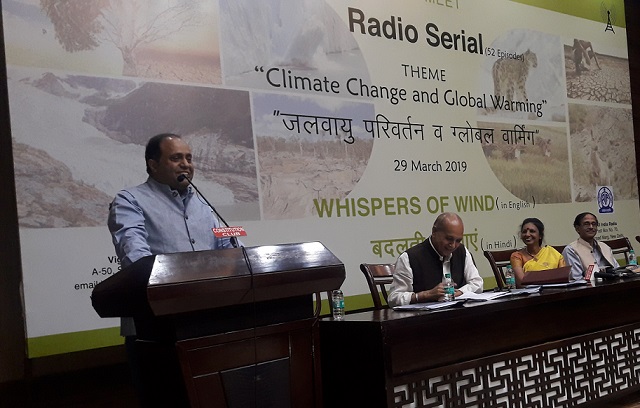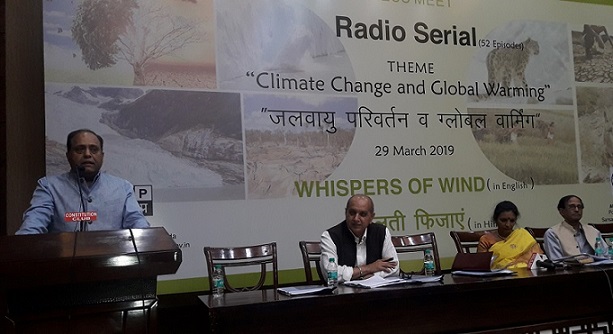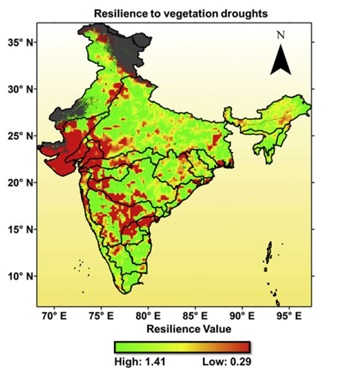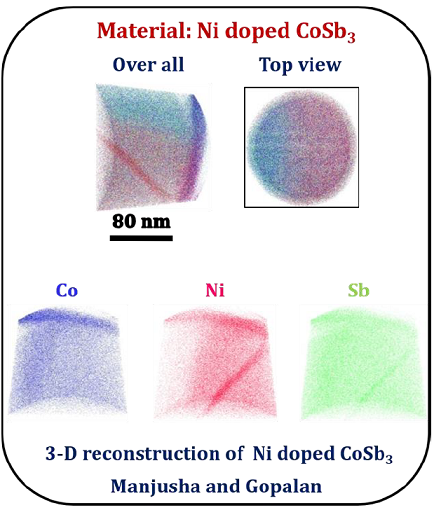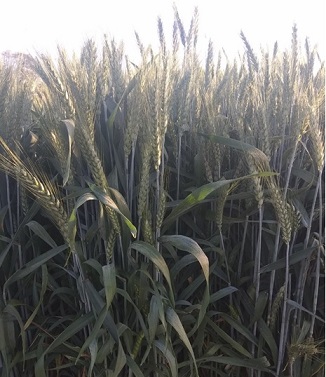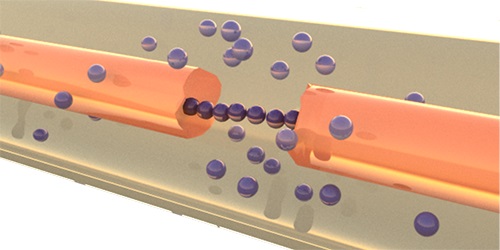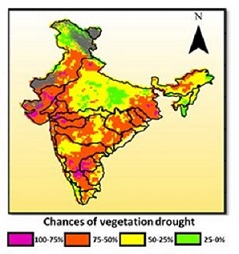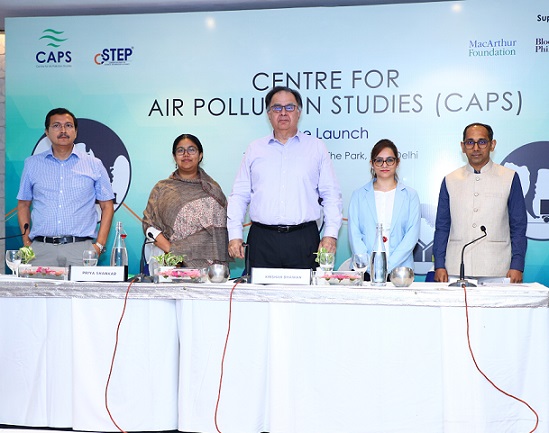
Managing air quality levels in Indian cities has emerged as a complex task, and governments are seeking credible scientific studies and data to develop policy options to address the issue. In order fill this gap, the Center for Study of Science, Technology and Policy (CSTEP) has launched a dedicated entity called Centre for Air Pollution Studies (CAPS).
According to the recently released State of Global Air Report, India and China account for 52% of deaths attributable to PM2.5 globally. The new centre will seek to provide scientific and quality policy advice for improving air quality in India and the South Asian region. It will focus on measurement and monitoring or air pollution, developing computational models and forecasting capabilities and developing capabilities for policy assessment studies as well as health impacts due to air pollution.
“There is a growing need for data- and evidence-driven policy to help improve urban air quality. India needs several high-quality research institutions to meet this research demand. Our approach involving science, modelling and simulation as well as economic and policy assessment allows us to approach the issue of air pollution holistically,” explained Dr Anshu Bharadwaj, Executive Director, CSTEP.
" Research on air pollution alone is not enough unless it is applied in policy and practice " :Dr Pratima Singh
The centre was launched in the presence of Dr Ajay Mathur (Director General, TERI), Ritesh Kumar Singh (Joint Secretary, Ministry of Environment, Forests and Climate Change and Rhea Cordeiro of MacArthur Foundation.
“Research on air pollution alone is not enough unless it is applied in policy and practice,” said Dr Pratima Singh, Domain Lead, CAPS. “This will be the key difference between other institutions working in this area and CAPS. Our efforts are towards finding scientific evidence and ensuring that policy is informed by this evidence.”
The new centre will work in collaboration with institutions like the University of Washington, University of Texas (Austin), IIT Kanpur, IIT Madras, and the Indian Institute of Science, Bangalore. India Science Wire
